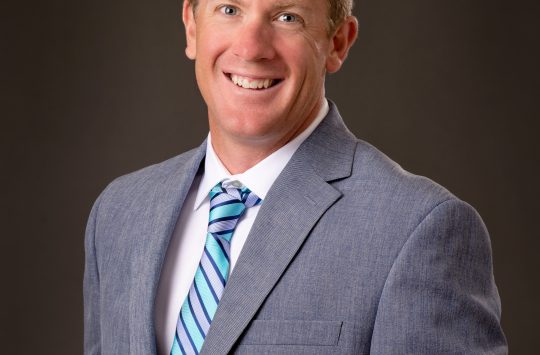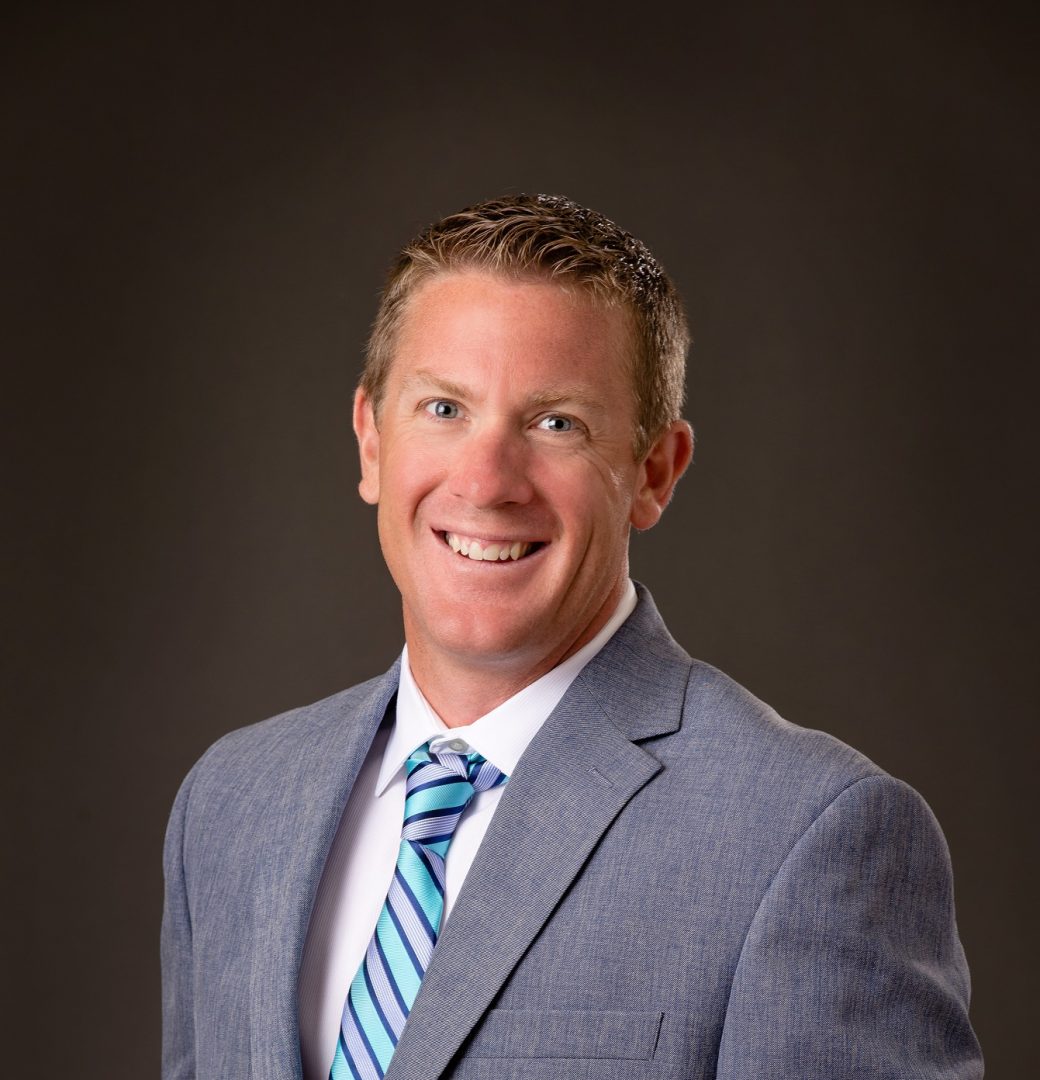Brunswick CEO Corey Dykstra on Ebonite Acquisition

When the opportunity arose for Brunswick to purchase the assets of Ebonite International, Brunswick CEO Corey Dykstra pondered two prevailing thoughts: His enthusiasm for Ebonite International's brands, and a lingering numbers concern that reflected the challenges of the consumer products side of the bowling industry.

"The four brands that we acquired are amazing consumer products with a great heritage, and we are really excited to be able to drive innovation with now seven brands of bowling balls," Dykstra said of adding Ebonite, Hammer, Track and Columbia 300 to Brunswick's fold of brands that includes its DV8, Radical and Brunswick lines of balls, "and I am confident we're going to deliver outstanding products to the bowlers."
In his conversation with BJI about a transaction that has generated considerable buzz throughout the industry and on social networks since it was announced Friday night, Dykstra also addressed that numbers problem.
"I don't know how many
people are aware of this, but both manufacturing plants [Ebonite's in
Hopkinsville, Ky., and Brunswick's in Reynosa, Mexico] were operating at less
than full capacity," Dykstra said. "That certainly creates
challenges."
When Brunswick began
planning its Reynosa plant more than 15 years ago, Dykstra said, "the
market was well over 2 million bowling balls, whereas today it's probably in
the 1.6 to 1.7 million range at best. If you go back even further, into the
1990s, it was well over 3 million.
"The decline in
league bowling over the past 20 years certainly has made it a challenging
business, and challenging businesses are hard to invest in," Dykstra added.
"When you have more efficient use of manufacturing capacity, it enables us
to invest more in people and technology than we did in the past."
The "people"
side of that equation very much involves EBI employees who lost their jobs when
the Hopkinsville plant shut down Friday afternoon. Adding four additional
brands to Brunswick's line puts the company in a position of needing people to
manage, market and deliver those brands. Who better to do that than the people
who know them best?
"We need help in sales, marketing, and research and development to try to manage those brands now," Dykstra said. "We're certainly excited to bring many of the Ebonite International team onto our team if they're interested and it works for them. We are certainly open to and excited about talking with as many of those folks who are interested in working for Brunswick as we can and plan to do that as soon as possible."
In addition to expressing an interest in bringing aboard EBI employees with experience in sales, marketing and research and development, Dykstra emphasized that part of Brunswick's purchase of EBI's assets specifically includes "bowling-related contracts, which includes pro-staff contracts." He said those contracts will generally be honored and that, “We are excited to work out the details with the outstanding team of professional bowlers EBI has.”
Those employees Dykstra
is open to bringing aboard from EBI would fill U.S-based positions.
"Brunswick's got
well over 200 people that are in the U.S., and we're going to continually
expand upon that number," Dykstra said, a number that includes some who
work at the Mexico plant, which is located just across the border from McAllen,
Texas — employees living in McAllen but commuting to Mexico each day to work
there.
"I've seen those concerns on social media and I'm certainly sympathetic,” Dykstra said. “There are a lot of people who lost their jobs as a result of Ebonite closing that plant," a decision EBI made after selling its assets to Brunswick, reportedly offering severance pay to the 171 employees who worked there through Jan. 13. "They've got a long heritage, with a lot of incredible products, and I want to be as sensitive as we can to the people who lost their jobs ... It is unfortunate that the timing came up right around the holidays, especially for the 171 people affected.
Dykstra underscored that
Brunswick "bought the brands and the intellectual property associated with
those brands. We did not buy the business. We did not buy the plant."
For Dykstra, the deal
presents an exciting opportunity for Brunswick to not settle for slapping its
own coverstocks and cores onto EBI balls, but instead to learn as much as
possible from Ebonite and to make informed investments in technology that will
position Brunswick to ensure differentiation between EBI-brand balls and
Brunswick's DV8, Radical and Brunswick equipment.
"I am extremely
confident that we're going to develop outstanding new technologies,"
Dykstra said. "We're going to continue to differentiate our products
across seven brands as we do now across three ... The more you invest, the more
technology you have, the more you can differentiate. It certainly becomes more
complicated with seven brands, but we have the ability to do that."
Dykstra added that,
"Our plants operate a little differently. It's urethane casting and
polyester casting. We just have equipment that is a little different [from
EBI's], so we'd certainly love to learn from them what they have learned from
more than 50 years in manufacturing ... I'm hoping that if we put the right
people in the room, we can learn from each other, and that creates some pretty
outstanding new products."
The bottom line for
Dykstra, both as someone who works within the bowling industry and as someone
who has observed its evolution over his 16-year career in bowling, is that
having two major manufacturers each with plants operating at "double the
size of the industry" was untenable.
"I've said many
times, was ripe for consolidation, and it would be
healthier for everybody — manufacturers and bowlers alike … We all should
thrive. We should be able to invest more. We all should be healthier and we
should be able to produce outstanding products for the bowlers, which is our
ultimate goal."





